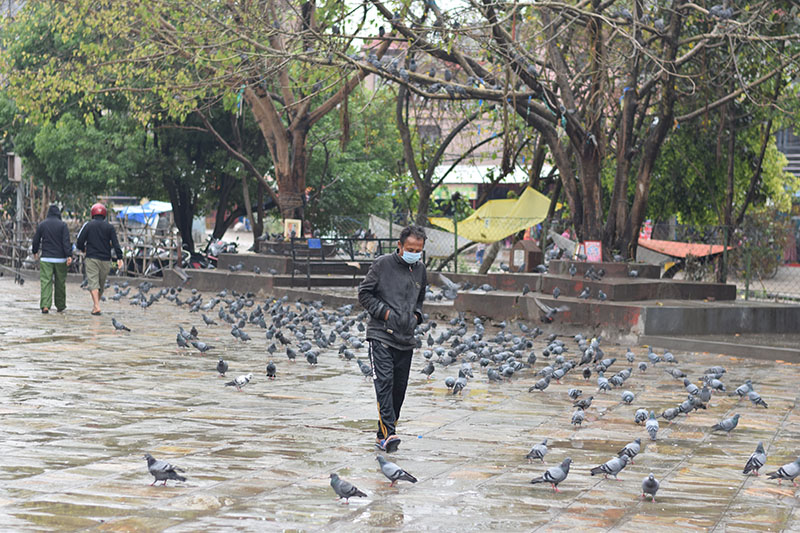

Cloth face masks have become one of the most essential things to protect yourself and others from COVID-19. And for some people, they have also become a fashion statement, with many fabric choices available. But have you ever thought about how effective are they, especially in containing a sneeze?
Now, researchers at the American Chemical Society (ACS) Biomaterials Science and Engineering used high-speed videos of a person sneezing to identify the optimal cloth mask design.
Early in the pandemic, worldwide shortages of surgical masks and N95 respirators led many people to make or purchase cloth face masks. Now, with safe and effective COVID-19 vaccines available, mask restrictions are easing in many states. However, face masks will likely still be required in certain settings for a while, especially with possible vaccine-resistant variants emerging.
They might also be useful in future pandemics. Face masks help reduce disease spread by blocking tiny, virus-laden droplets expelled through the nose and mouth when a person speaks, coughs or sneezes. A few studies have examined the effectiveness of various fabrics for blocking droplets and aerosols made by a machine, but until now, none have been conducted under the explosive conditions of a real human sneeze.
Shovon Bhattacharjee, Raina MacIntyre and colleagues at the University of New South Wales wanted to see how well masks made of various fabrics and layers blocked respiratory droplets from the sneezes of a healthy adult.
The researchers made simple face masks with 17 commonly available fabrics. Each mask had one, two or three layers of the same or different fabrics. A healthy 30-year-old volunteer donned each mask, tickled the inside of his nose with tissue paper on a cotton swab, and then readjusted the mask just before the onset of a sneeze.
The researchers captured high-speed videos of the sneezes and computed the intensity of droplets in the images in a region 2 cm from his mouth. With each fabric layer, the droplet-blocking capability improved by more than 20-fold.
Interestingly, all of the three-layer cloth combinations the researchers tested were more effective than a three-layer surgical mask. The best masks for blocking droplets contained a hydrophilic inner layer of cotton or linen, an absorbent middle layer of a cotton/polyester blend and a hydrophobic outer layer of polyester or nylon.
Machine washing the masks didn’t decrease their performance; in fact, masks containing cotton or polyester worked slightly better after washing because of pore shrinkage. Future studies are planned with more people and different age groups, the researchers say.
The authors acknowledge funding from the National Health and Medical Research Council of the Australian Government and the University of New South Wales (UNSW) Scientia PhD. Scholarship.